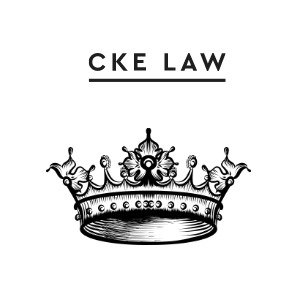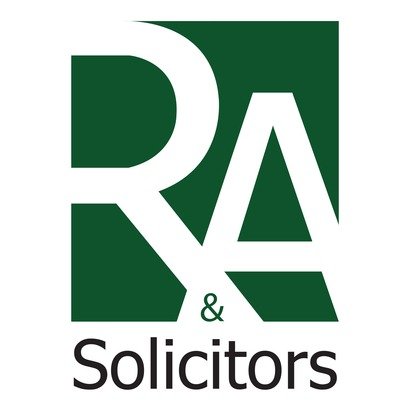Best ADR Mediation & Arbitration Lawyers in Manchester
Share your needs with us, get contacted by law firms.
Free. Takes 2 min.
List of the best lawyers in Manchester, United Kingdom
About ADR Mediation & Arbitration Law in Manchester, United Kingdom
ADR Mediation & Arbitration in Manchester, United Kingdom, is essentially about non-aggressive approaches to conflict resolution. ADR (Alternative Dispute Resolution) involves mediation and arbitration as primary forms of reaching settlements without the need for costly and time-consuming court cases. Mediation involves a neutral third party who assists in discussions and negotiations between the disputing parties, aiming for an amicable resolution. Arbitration, on the other hand, is a binding disagreement resolution mechanism, much like a court case but less formal. The resolution proffered by the arbitrator is legally binding on both parties involved.
Why You May Need a Lawyer
Although ADR Mediation & Arbitration is less formal than traditional court proceedings, it still involves intricate legal methods and processes that require proper understanding. You may need a lawyer to help interpret complex legal jargon, handle paperwork properly and ensure a fair arbitration agreement. Moreover, having an experienced lawyer can be essential in defending your interests, especially when the other party has legal representation.
Local Laws Overview
In Manchester, ADR Mediation & Arbitration operates under UK law, particularly the Arbitration Act of 1996. The rules are designed to secure fair resolution of disputes by an impartial tribunal without unnecessary delay or expense. One unique aspect in UK law is that any agreement reached through mediation is not automatically legally binding. It needs to be formalized into a legal deed for it to be enforceable. However, all decisions in arbitration are final and binding on the parties.
Frequently Asked Questions
1. What is the difference between Mediation and Arbitration?
Mediation is a non-binding form of ADR where a neutral third party assists two or more parties in dispute to reach a mutually satisfactory resolution. Arbitration, on the other hand, involves a neutral third party making a decision that is legally binding after hearing arguments from all opposing sides.
2. Is legal representation required during ADR Mediation & Arbitration processes?
Legal representation is not a requirement but is frequently beneficial particularly in complicated cases or when significant sums of money are involved.
3. Are decisions in ADR Mediation & Arbitration confidential?
Yes, the proceedings and outcomes of ADR Mediation & Arbitration are confidential unless explicitly agreed otherwise by all parties.
4. How long do ADR Mediation & Arbitration processes usually take?
The duration of ADR procedures can vary significantly depending on case complexity, availability of parties, and the method of resolution chosen. However, they are often significantly quicker than court cases.
5. What if I'm not satisfied with the outcome of an Arbitration?
Arbitration decisions are final and legally binding. They can only be challenged in court in very exceptional circumstances.
Additional Resources
For ADR Mediation & Arbitration legal advice, it can be beneficial to check resources such as the Civil Mediation Council and the Chartered Institute of Arbitrators. The UK Government's website also provides valuable information on ADR process and regulations.
Next Steps
If you require legal assistance in ADR Mediation & Arbitration, it's recommended to consult with an experienced lawyer in the field. Inquire about their experience in ADR and their fees. Utilize your consultations to ensure you understand the process and are comfortable with your decision. Remember, your lawyer is there to protect your interests and help you navigate through the process.
Lawzana helps you find the best lawyers and law firms in Manchester through a curated and pre-screened list of qualified legal professionals. Our platform offers rankings and detailed profiles of attorneys and law firms, allowing you to compare based on practice areas, including ADR Mediation & Arbitration , experience, and client feedback.
Each profile includes a description of the firm's areas of practice, client reviews, team members and partners, year of establishment, spoken languages, office locations, contact information, social media presence, and any published articles or resources. Most firms on our platform speak English and are experienced in both local and international legal matters.
Get a quote from top-rated law firms in Manchester, United Kingdom — quickly, securely, and without unnecessary hassle.
Disclaimer:
The information provided on this page is for general informational purposes only and does not constitute legal advice. While we strive to ensure the accuracy and relevance of the content, legal information may change over time, and interpretations of the law can vary. You should always consult with a qualified legal professional for advice specific to your situation.
We disclaim all liability for actions taken or not taken based on the content of this page. If you believe any information is incorrect or outdated, please contact us, and we will review and update it where appropriate.














